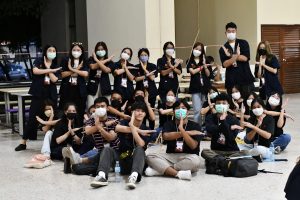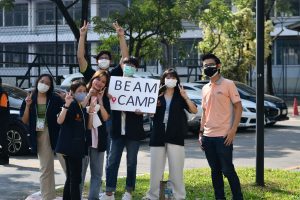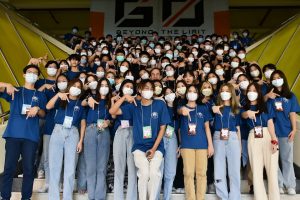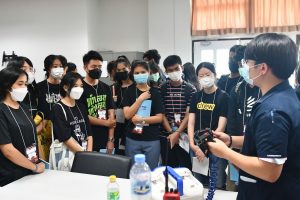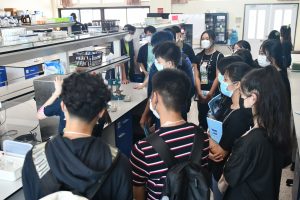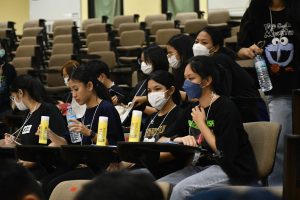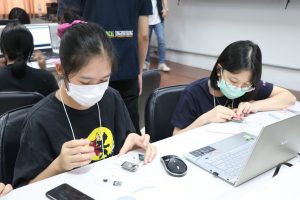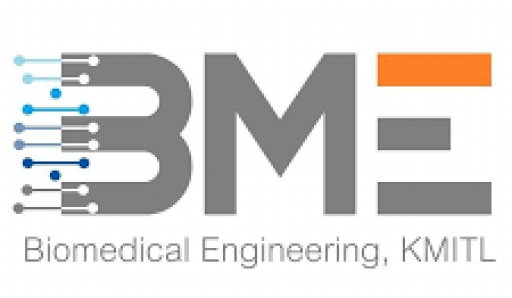About KMITL
King Mongkut’s Institute of Technology Ladkrabang (KMITL) has been established since 1960 and is considered on of pioneer science and technology institutions in Thailand. The name of the institute was derived from the name of King Rama IV. The royal grand crown seal has been graciously used as the emblem of the institute. As moved to a new era with 50 years’ experience, KMITL has not only been very successful as an institute specializing in the field of science and technology in Thailand. but also produced a great exceptional number of professional “Practical Engineers” in diversified engineering territories. KMITL is moving forward with the new era with the philosophy “Education and Research in Science and Technology are the Foundation of the Development of the Nation” and KMITL is also ready to grow globally as internationalized activities and support.
About Biomedical Engineering
Biomedical engineering exists at the interface of engineering and medical science. Biomedical engineers are tasked with developing technical and methodological solutions to meet the needs of the healthcare community though the application of fundamental engineering principles. To this end, the curriculum at KMITL encompasses aspects of bio, chemical, electronic, mechanical and software engineering as well as fundamental topics associated with medical and pharmaceutical sciences.
Important biomedical engineering applications include the design and development of diagnostic and therapeutic medical devices such as prostheses, implants and EKGs, the application of tissue and genetic engineering in medical fields, drug design and development, optical imaging and radiation-based treatment methodologies, IT integration strategies and many more.
Degree Curriculum
The B.Eng. in Biomedical Engineering (International Program) is a full-time 4-year course. It is suitable for students who are seeking to develop their practical engineering skills related to the design and development of solutions directed towards healthcare applications. The program offers lecture courses and hands on practical laboratories and projects covering a range of engineering areas that are focused on aspects of medical, pharmaceutical and biological science.
Students study fundamental mathematics, physics, chemistry and biology subjects in year 1 before focusing on more detailed engineering concepts in year 2. In year 3 students can choose one of three main themes of selected elective courses, which are Biomedical Instrumentation (BMI), Healthcare Information Technology (HIT), and Biopharmaceutical Engineering (BPHARM).
Courses in BME
Activities
The 7th BEAM CAMP (Biomedical Engineering Alternative Movement) between 20-22 October 2022
